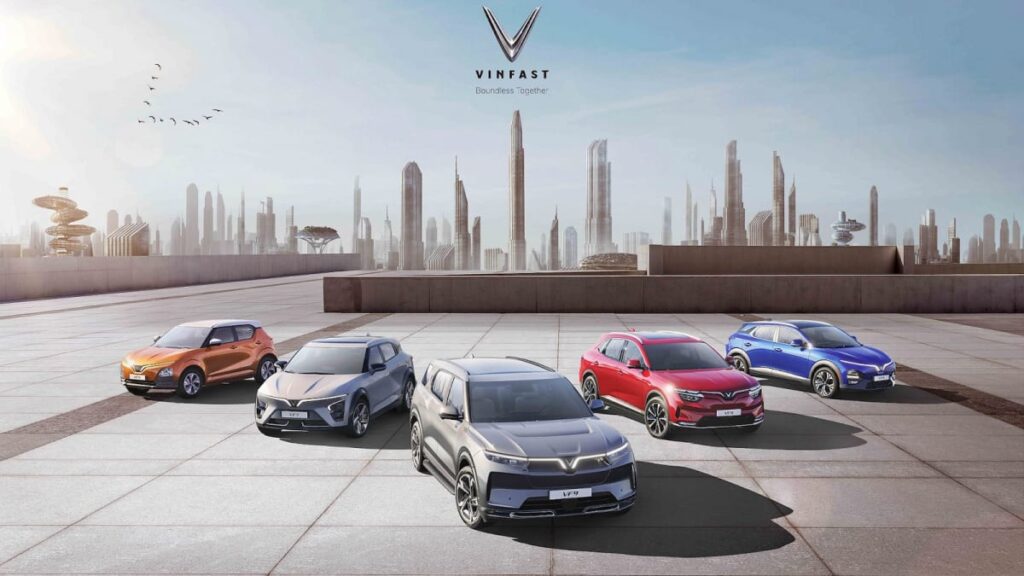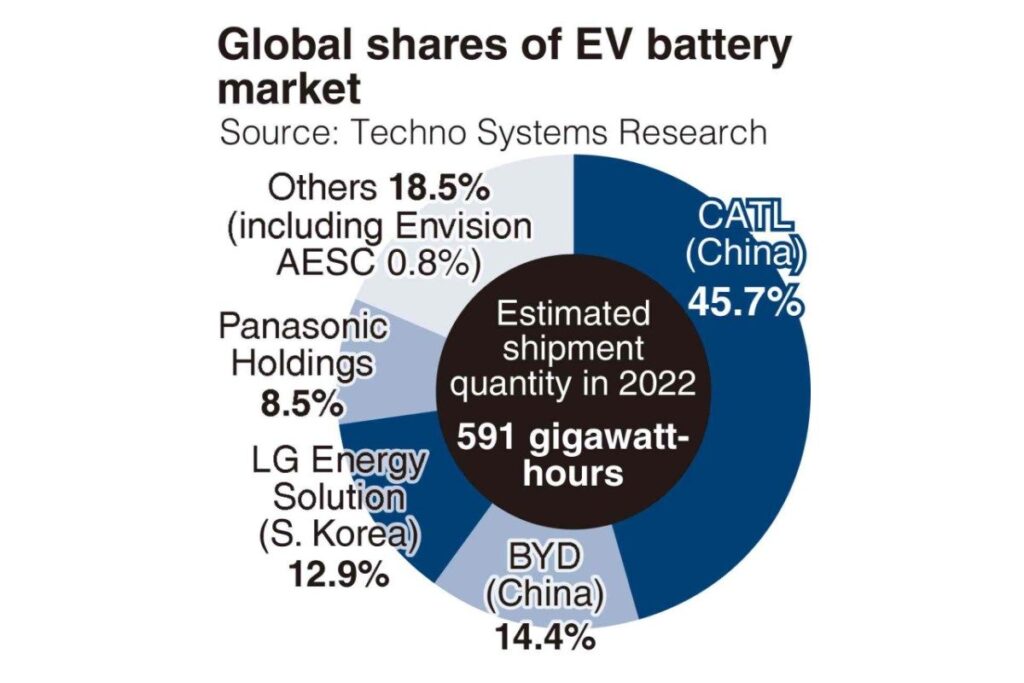EV makers eyeing US auto market for future projects

Growing demand for energy and the massive shift to electric vehicles (EVs) to save fuel costs is making the US policy makers to encourage their usage to achieve energy transition and several major auto manufacturers are looking at producing more such vehicles.
Brands and Business Magazine
The American Automobile Association (AAA), which conducted a survey last year, said that a quarter of consumers were planning to go electric for their next vehicle purchase (a fully electric, not hybrid vehicle).
The most common factor for those interested in buying an electric vehicle (77 per cent) is a strong desire to save on fuel costs. However, AAA notes that there are still those who are hesitant to make the switch, due to lingering concerns relating to range, purchase price and availability of public charging options.
Mark Jenkins, spokesman, AAA – The Auto Club Group, said, “Record-high gas prices have brought the cost of owning an EV more in line with a standard gasoline-powered vehicle. Although it may cost more money up front, EVs cost less to charge, maintain, and are more efficient.”
According to International Energy Agency (IEA), electric car sales in the US increased 55 per cent in 2022 relative to 2021, led by Battery EVs (BEVs), the sales increased by 70 per cent, reaching nearly 800 000 and confirming a second consecutive year of strong growth after the 2019-2020 dip.
The sales of plug-in hybrid electric vehicles (PHEVs) also grew, albeit by only 15 per cent. The increase in electric car sales was particularly high in the US, considering that total car sales dropped by 8 per cent in 2022 relative to 2021, a much sharper decrease than the global average (minus 3 per cent).
“Overall, the US accounted for 10 per cent of the global growth in sales. The total stock of electric cars reached 3 million, up 40 per cent relative to 2021 and accounting for 10 per cent of the global total. The share of electric cars in total car sales reached nearly 8 per cent, up from just above 5 per cent in 2021 and around 2 per cent between 2018 and 2020,” IEA said in its report entitled “Global EV Outlook 2023.”
After the US Government enacted Inflation Reduction Act (IRA), major EV and battery makers announced cumulative post-IRA investments of $52 billion in the US EV supply chains, of which 50 per cent is for battery manufacturing, and about 20 per cent each for battery components and EV manufacturing, the IEA added.
Battery plant projects
Along with the EVs, the battery manufacturing facilities in the US are also on the rise and the new planned electric vehicle battery plants are expected to increase the capacity from the 55 Gigawatt-hours per year (GWh/year) in 2021 to nearly 1,000 GWh/year by 2030.
Most of these new battery plant projects are scheduled to begin production between 2025 and 2030. By 2030, this production capacity will be capable of supporting the manufacture of roughly 10 to 13 million all-electric vehicles per year.
The US Department of Energy (DOE)’s Vehicle Technologies Office said that the total battery manufacturing capacity will increase nearly 20 times between 2021 and 2030.
According to the Argonne National Laboratory (ANL), North America’s battery manufacturing capacity in 2021 was about 55 gigawatt-hours (GWh) per year and it has been flat since 2018 (51 GWh/year), when Tesla launched its Gigafactory in Nevada.
ANL also said that the capacity was 90 GWh/year in 2022 and expects 177 GWh/year this year. Considering the announced battery plants in the US, Canada, and Mexico (through November 2022), the volume is expected to increase to 346 GWh/year in 2024, and exceed 800 GWh/year in 2025, reaching nearly 998 GWh/year by 2030.
The industry should be capable of supporting batteries for 10-13 million all-electric vehicles annually assuming 77-100 kWh per vehicle on average.
The interest of the auto manufacturers is quite evident as Hyundai Motor Group and LG Energy Solution (LGES) on May 26 signed a Memorandum of Understanding (MoU) to establish a $4.3 billion EV battery cell manufacturing plant in Georgia in the US.
The annual production capacity of the new plant is at 30 GWh, able to support the production of 300,000 units of EVs annually. Starting construction in the second half of 2023, the joint venture plans to start battery production at the end of 2025 at the earliest, the two companies said.
Other automakers, which want to set up EV battery plants are Tesla, which plans to relocate its Berlin-based lithium-ion battery gigafactory to Texas, where it will work in partnership with China’s CATL, and to manufacture next-generation EVs in Mexico.
Ford also announced a deal with CATL for a battery plant in Michigan and plans to increase electric car manufacturing six-fold by the end of 2023 relative to 2022, at 600 000 vehicles per year, scaling up to 2 million by 2026.
German auto major BMW is also in the race to expand its EV manufacturing plant in South Carolina and Volkswagen, which chose Canada for its first battery plant outside Europe, is investing $2 billion in its plant in South Carolina.





